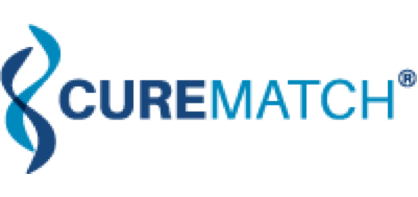Why Isn’t Personalized Combination Therapy the Standard of Care in Cancer?
This quote from a recent Wall Street Journal article sheds some light on the question:
“Companies such as Caris Life Sciences and Foundation Medicine have made testing for hundreds of gene mutations widely available, but many community oncologists are “adrift,” without the resources to interpret the complicated results,” Dr. Schiskly said. “The doctor ends up sitting there scratching his or her head wondering what to do.”
With personalized medicine, molecular profiling of the tumor, such as DNA sequencing, must first be performed. Because of the above difficulties, a small percentage of cancer patients get their tumors profiled today.
Combination therapy adds even more complexity to the process. There are about 300 FDA-approved cancer drugs on the market today. If a patient with three actionable mutations is to be treated with a three-drug combination, there are over 4.5 million different possible combinations of those 300 drugs! If the doctor is already “scratching his or her head” over the molecular profiling results from Caris or Foundation Medicine, you can bet that his or her head will be spinning when considering anything beyond targeted monotherapies.
Recently, it has been shown in various studies that when the right combination of multiple drugs is used to match multiple mutations, cancer treatment can be more effective. Each drug is able to target individual cancer mutations to improve treatment, and each drug can be used with the right dose to reduce side effects. Combination therapy is clearly the future of cancer treatment.
Combination therapy has been used widely for treatment and/or prevention of other diseases, such as infectious diseases, cardiovascular diseases, diabetes, and Alzheimer’s disease, and has proven to be particularly effective for the treatment of HIV/AIDS. But it is only used today in a fraction of the a small percentage of cases where patients get their tumors profiled.
So what will it take for Personalized Combination Therapy to become the standard of care in cancer, like it is with HIV/AIDS?
What is needed is a computational approach to take in the molecular profile of the patient’s tumor, sift through large datasets of clinical trials and information on drug-drug interactions, and rank the options so that the doctor can make an informed decision. Instead of simply providing more information, the approach must transform the data into actionable knowledge and insight that makes it easy for the oncologist to make a decision.
Only then will the doctor’s head stop spinning, and will combination therapy become a reality for the average cancer patient.
-Martin Culjat, Ph.D.

